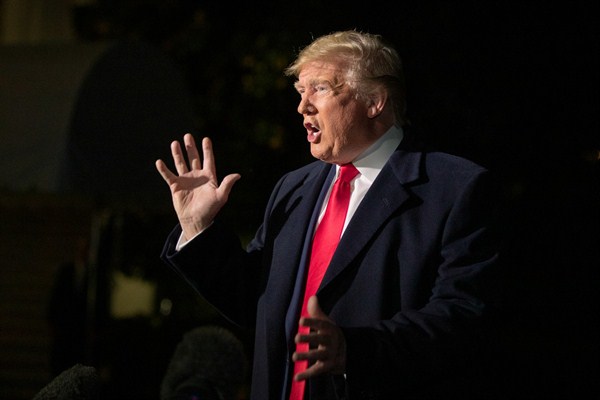For just the third time in modern American history, the U.S. House of Representatives is investigating whether a president should be removed from office. Speaker of the House Nancy Pelosi has so far kept the impeachment inquiry narrowly focused on President Donald Trump’s pressure campaign to get Ukraine to dig up dirt on his political opponents. But even as the House approved a resolution last week setting out the next steps in that inquiry, there have been reports of other instances in which Trump appears to be manipulating U.S. policy—in this case involving trade—to serve his narrow political interests, rather than those of the country as a whole.
One of those instances was related to the Ukraine scandal. The others involved allegations of improper influence over the administration’s process for granting exemptions from steel and aluminum tariffs, and concerns about the plans for implementing the automobile rules of origin under the U.S.-Mexico-Canada Agreement, the renegotiated North American Free Trade Agreement known as the USMCA.
The first revelation adds to what is already widely known about Trump using U.S. military assistance and the imprimatur of a White House visit to pressure Ukrainian President Volodymyr Zelensky into investigating bogus allegations of corruption involving former Vice President Joe Biden’s son, among other things. In late August, after the aid was suspended, U.S. Trade Representative Robert Lighthizer was prepared to restore some of Ukraine’s benefits under the Generalized System of Preferences program, which removes import tariffs on designated products from eligible countries. Those benefits had been suspended at the end of 2017 because of long-standing concerns about Ukraine’s inadequate protection of intellectual property. But the Ukrainian government had passed legislation to partially address the problem, and Lighthizer wanted to reward it for that.

